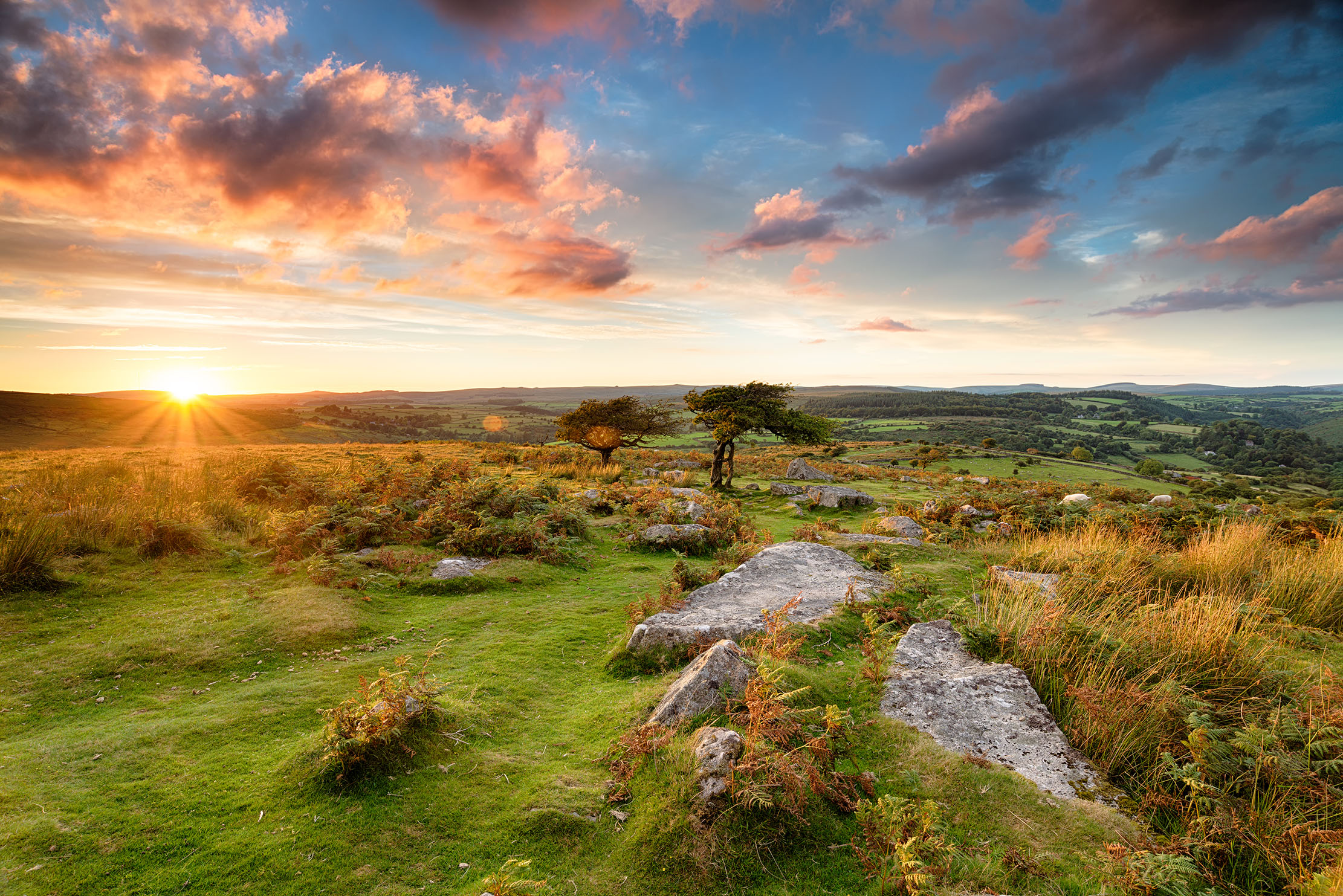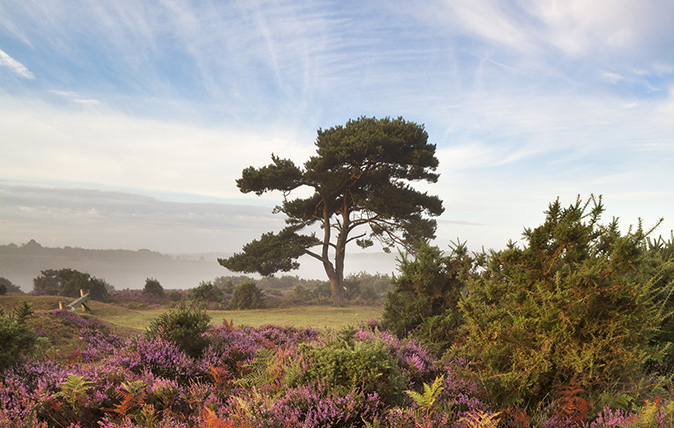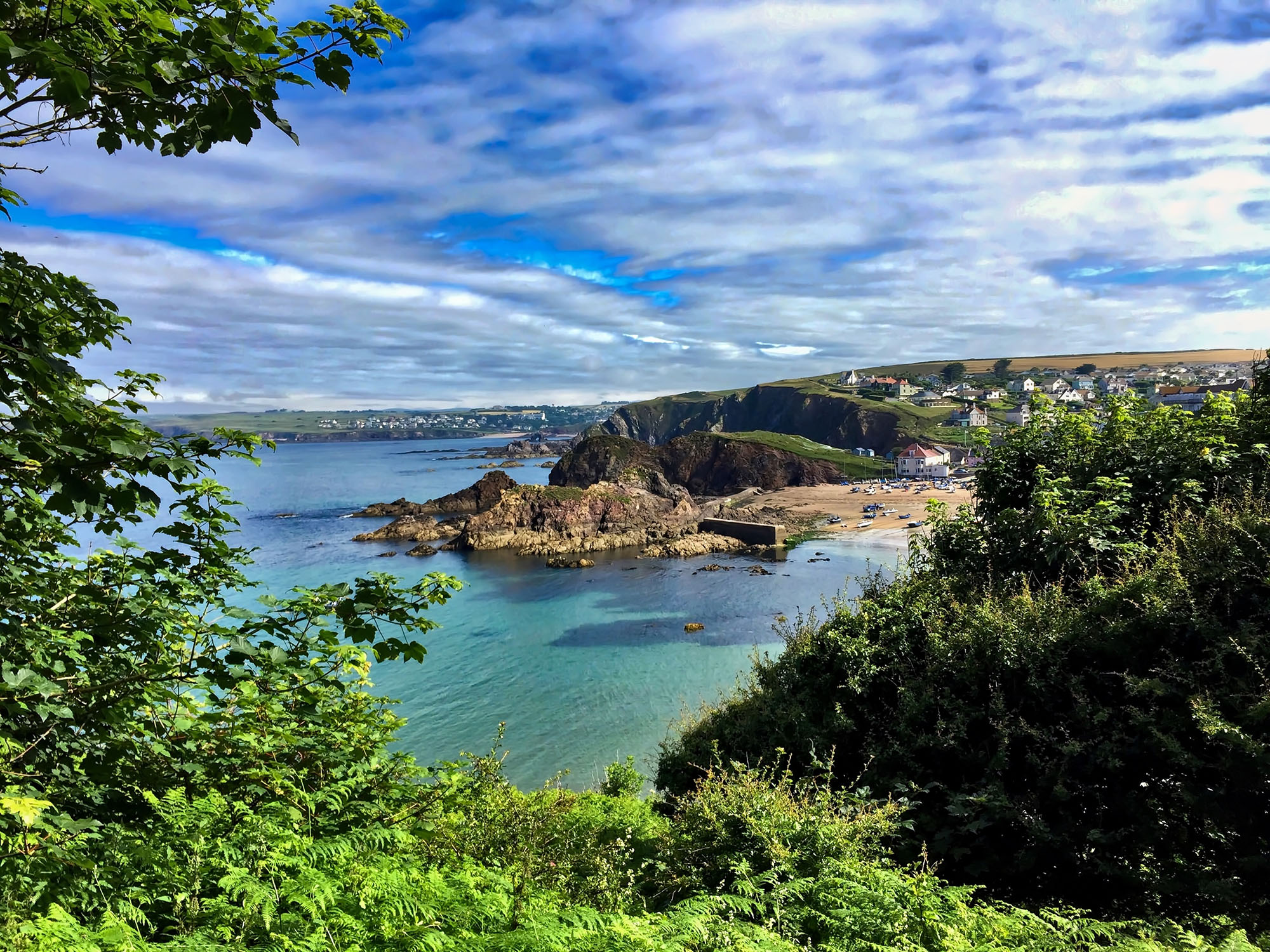Natural England under fire amid 'near total collapse of confidence among farmers and landowners'
A row over the management of Sites of Special Scientific Interest has led to a review of Natural England's remit. James Fisher reports.


The remit of Natural England (NE) is under review after the Farming Minister Mark Spencer appeared to agree to an inquiry into how the Nature watchdog manages Sites of Special Scientific Interest (SSSIs). The inquiry comes after a row between Dartmoor farmers and NE, which began when NE sent letters to farmers in High Level Environment Stewardship (HLES) schemes asking them to reduce grazing livestock numbers in order to protect the national park’s protected sites.
NE’s proposed new grazing regime for sheep, cattle and ponies is aimed at improving what the body considers to be the ‘poor condition’ of sites in Dartmoor. However, some farmers, who would have to comply with the new rules to continue receiving enhanced funding, have warned that reduced or no winter grazing would likely ‘force them out of business’.
In response to NE’s proposals, the CLA called on Defra to launch a ‘full-scale review of NE’s remit and track record’, adding that the organisation ‘does not receive sufficient scrutiny’.
‘Everyone who cares about Nature should worry about the current state of play,’ said CLA president Mark Tufnell. 'NE’s habit of not checking sites properly, using out-of-date surveys and its refusal to take into account the needs of the entire landscape — rather than the needs of one particular favoured species — has resulted in a near total collapse of confidence among farmers and landowners. This puts environmental outcomes, as well as farming businesses, at risk.'
The CLA was backed up in Parliament by senior Tory MPs. Sir Geoffrey Cox said ‘we need to look again at the arm’s length agencies’ and former Defra Secretary George Eustice suggested ‘it is not sensible for NE to have to make the decisions on SSSIs. Instead, ministers should take such decisions, having taken advice from NE and others, which would restore accountability’.
"We welcome the independent review into how, together, we can best achieve sustainable farming"
The suggestion that ministers would take the final decision on SSSI designation has itself been met with fury from Nature organisations, such as The Wildlife Trusts and the RSPB, who have suggested that Mr Spencer’s decision is a ‘dangerous and slippery slope’. ‘As the legal regulator, NE must be allowed to do its job without political interference,’ said Blanaid Denman, site policy officer at the RSPB. Craig Bennett, CEO of The Wildlife Trusts, described the idea as ‘outrageous’, adding that ‘we have a proud tradition in Britain of trying to follow the science when trying to make policy when it comes to conservation. But we know we have some in Government who would rather move to having “sites of political convenience”’. Mr Bennett also said certain sections of the Conservative party are ‘willing to exploit a slight controversy happening on Dartmoor for their own political ends’.
‘As the statutory advisor and regulator of SSSIs, we are working with partners towards the target of bringing 75% of protected sites into favourable condition and use our scientific expertise when determining where new protected sites are needed,’ said Caroline Cotterell, director of resilient landscapes and seas at NE.
Exquisite houses, the beauty of Nature, and how to get the most from your life, straight to your inbox.
‘Thriving Nature and sustainable farming are inextricably interlinked and we are working with farmers across the country to find solutions that work for both. We are working hard with farmers in Dartmoor National Park, alongside Defra and local representatives to improve the damaged SSSIs [there]. We welcome the independent review into how, together, we can best achieve sustainable farming on Dartmoor.’
It is expected the review will take a year to complete and that current HLES agreements will continue for that time. In his response to Parliament, Mr Spencer said ‘we could end up in a circumstance where reducing the number of livestock on the moor is the scientifically credible option and proven to be the right course of action’. He added: ‘We need time for people to adjust to that, form a business plan and work with those in NE who want to achieve the same as the farmers who farm on that moor’, before concluding that he ‘will never be convinced that those farmers do not have the environment at the heart of their interests’.

The Tamar Valley AONB: Mines, otters and the ghost of a 'black widow' who roams the moors in a carriage of bones
Kate Green focuses on the Tamar Valley AONB.

Revealed: How much extra you'll pay to live in a National Park or AONB
What price beauty? Annunciata Elwes delves into Knight Frank research to find out.

The South Devon AONB: Rolling hills, endless beaches and ancient landscapes that Man has walked for millennia
Our series on Britain's Areas of Outstanding Natural Beauty continues with Rosie Paterson taking a look at the highlights of

James Fisher is the Digital Commissioning Editor of Country Life. He writes about motoring, travel and things that upset him. He lives in London. He wants to publish good stories, so you should email him.